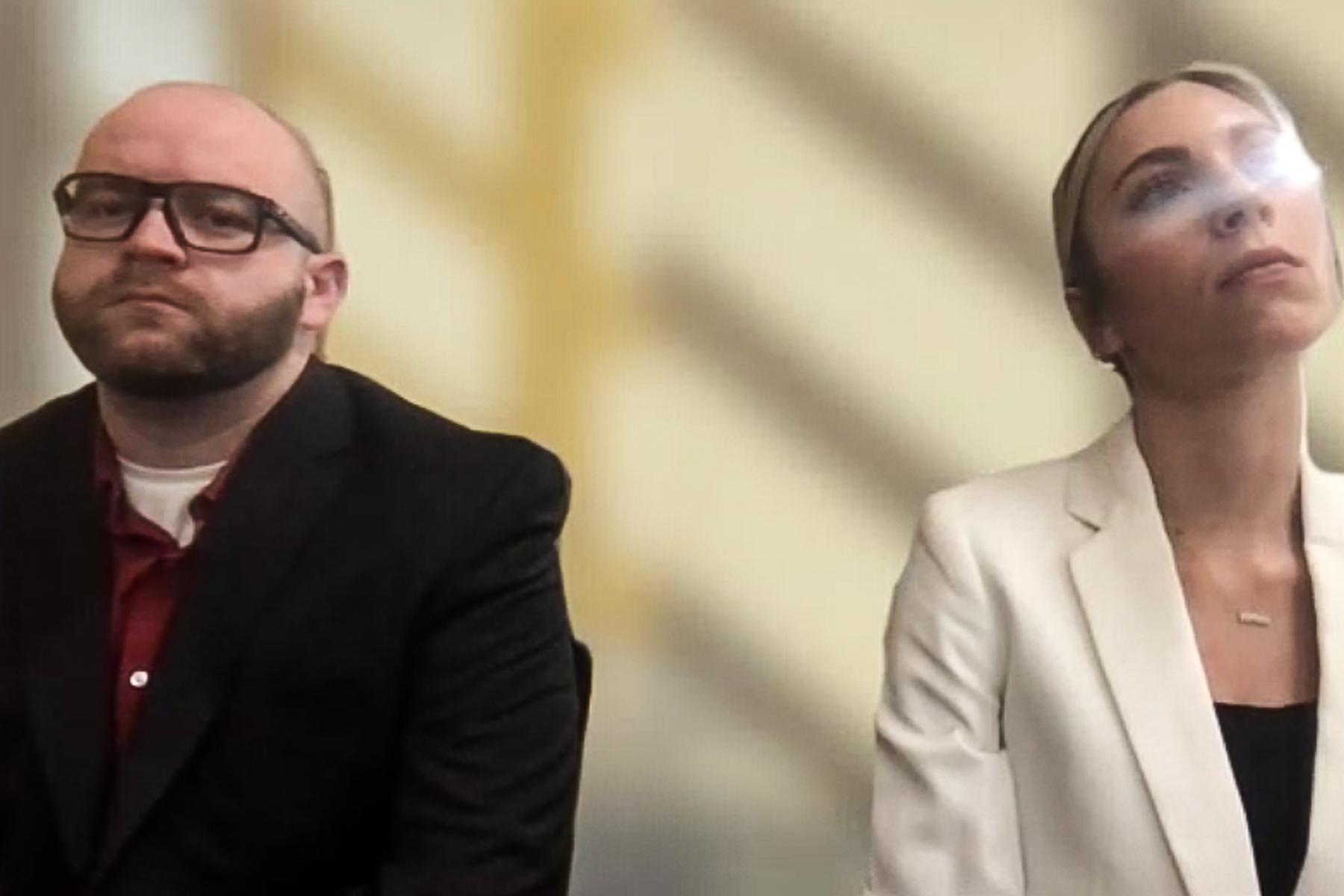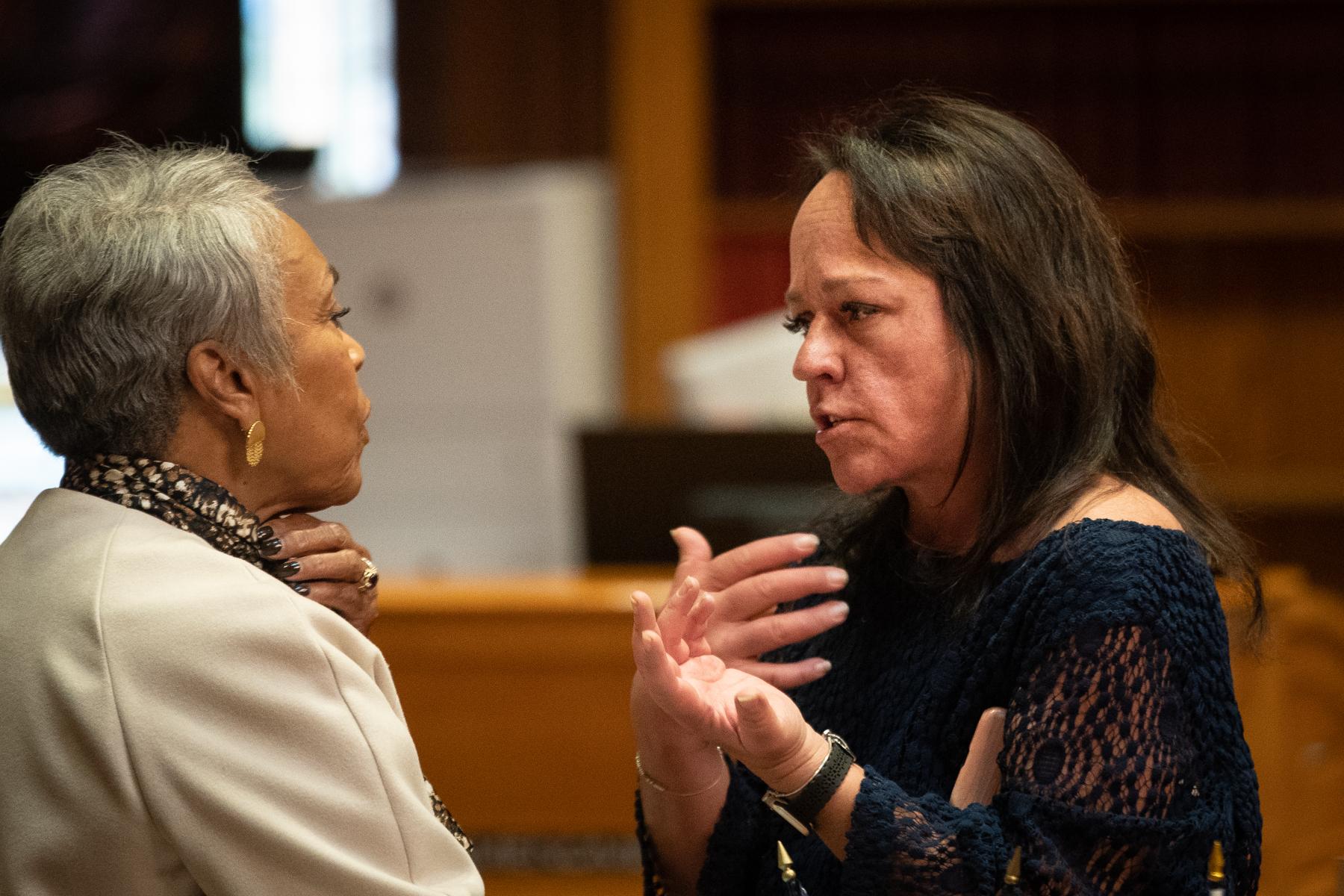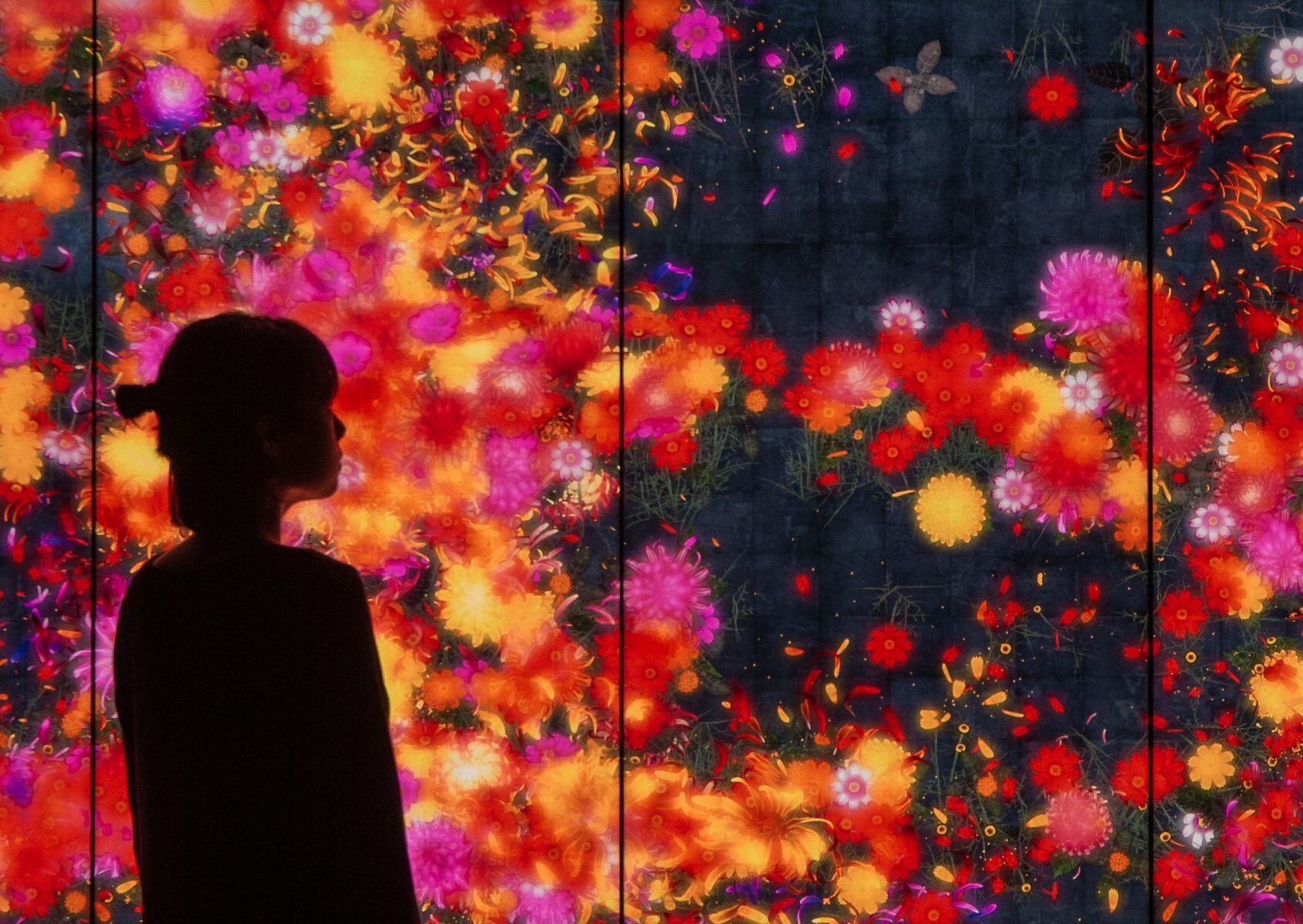
Clear Creek County prosecutors rested their case on Friday against a former sheriff’s deputy charged in the death of Christian Glass, a 22-year-old who called 911 for help when he crashed his car on some rocks in the summer of 2022 and about 70 minutes later was fatally shot.
Since Monday, 5th Judicial District Attorney Heidi McCollum has worked to convince a jury that Andrew Buen’s use of deadly force against Glass was grossly inappropriate given the situation.
Buen was a deputy at the Clear Creek County Sheriff’s Office but has since been fired. He faces second-degree murder charges in the death.
In June 2022, Glass apparently crashed his car into some boulders in Silver Plume and called emergency dispatchers for help.
To the dispatcher, Glass sounded scared and paranoid and asked for help getting his car off the dirt road. He told her, before officers arrived on the scene, that he had some rocks, a rubber mallet, and a knife in the car because he had just come back from a geology dig in Utah.
When officers arrived, Glass offered to throw the weapons out of the car and Buen declined. He instead demanded Glass get out of the car. Glass told him repeatedly he was scared. The situation escalated from there, more officers from various agencies arrived, another officer climbed up on the hood of Buen’s sports utility vehicle and Buen used a stun gun and a bean bag deployment on Glass. Ultimately, he ended up shooting him five times.
Buen’s attorneys have said that he thought Glass was a danger to officers nearby since he had a knife in his hand in the car. Glass picked up that knife once his car windows were broken out -- another move made by officers on the scene.
Seth Stoughton, a professor at the University of South Carolina School of Law and head of the Excellence in Policing and Public Safety Program, told the jury that Buen made a number of critical mistakes and misjudgments on the scene - including declining Glass’s offer to separate himself from his weapons.
Stoughton, who was an expert witness hired by prosecutors, also testified in the Derek Chauvin trial in George Floyd’s murder and Kim Potter, who was convicted in the murder of Daunte Wright. Both cases were in Minnesota.
Stoughton said that Buen broke one of the most important rules in law enforcement, which is to eliminate risks and keep everyone safe, including the public and officers.
Buen, he argued, made everyone less safe by repeatedly — and needlessly — escalating the situation with Glass, who never showed any signs of being a threat to the public or law enforcement officers.
During the heated encounter that stretched more than an hour, Glass can be seen in body-worn camera footage shaping his hands into hearts and holding them up through the window of his car. Stoughton said it was clear there were signs of mental health trouble, and officers should have taken a different tack with him.
Defense attorneys tried to push against this theory, saying Buen was concerned that Glass was driving under the influence.
“It is a crime to refuse to comply with lawful orders or obstruct a peace officer's lawful duties, right?” asked Carrie Slinkard, Buen’s attorney.
“It certainly can be,” he said, noting there are exceptions to this when dealing with someone who is apparently experiencing a mental health crisis.
“If an officer has probable cause, that officer can arrest that person and if a person physically resists being arrested, that officer is allowed to use force to effect that arrest, right?” she asked again.
“They can’t just shoot someone for not turning around and putting their hands behind their back,” Stoughton said.
Defense attorneys brought up a witness for a few hours on Friday morning on video forensics so the jury could evaluate the body-worn camera footage, but most of his testimony was dismissed by the judge. They’re moving on to more witnesses on Monday.
Closing arguments are expected next week.
- Christian Glass’ mother takes the stand in the trial for the deputy who shot her 22-year-old son
- Christian Glass death trial opening statements: Was ex-deputy ‘excessive and criminal’ or dealing with a ‘DUI that night’?
- Jury selection in trial for former deputy who killed Boulder man on mountain road has trial starts today
- Former Clear Creek County sergeant in charge of Christian Glass scene gets license revoked on Friday
- Former Clear Creek deputy who shot and killed Christian Glass pleads not guilty
- Former Clear Creek sergeant pleads guilty, six other officers charged in killing of Christian Glass









